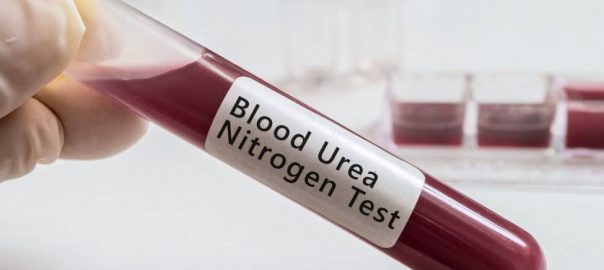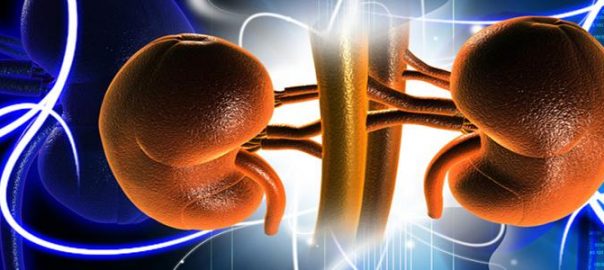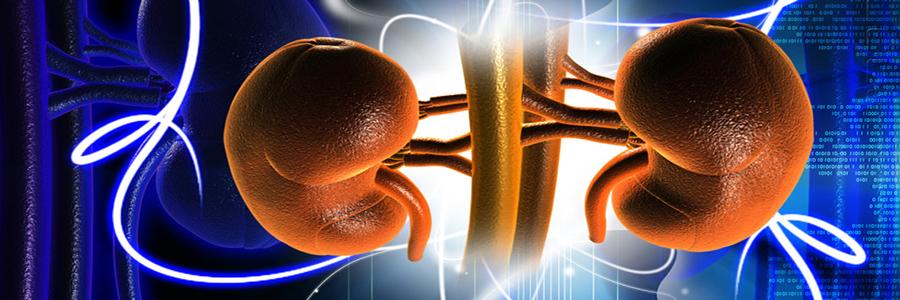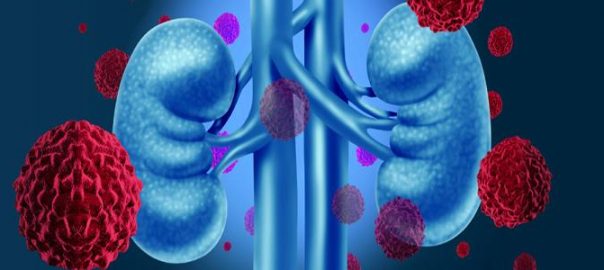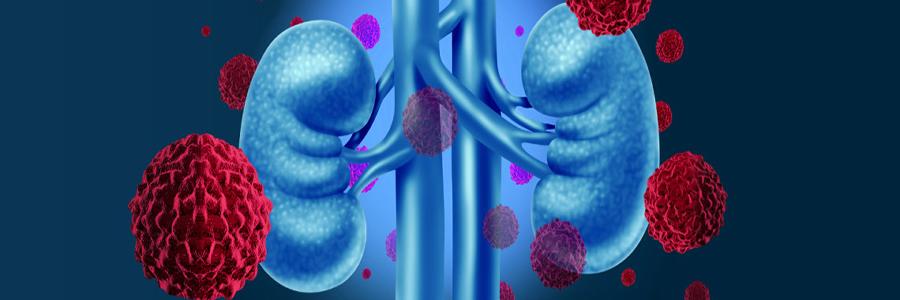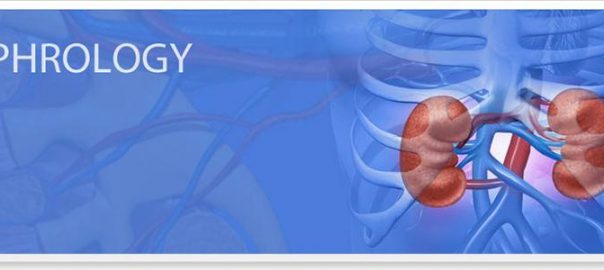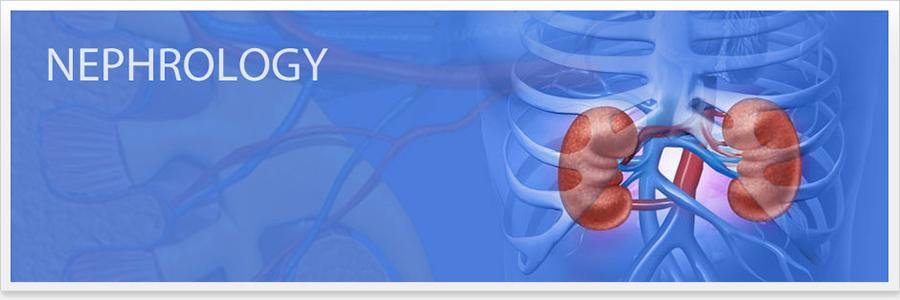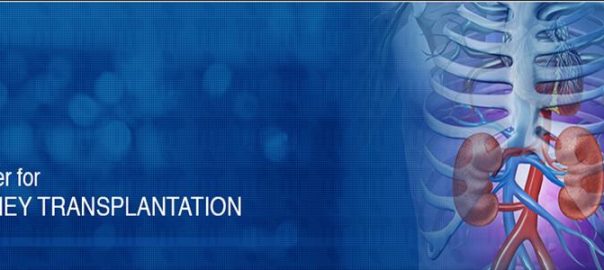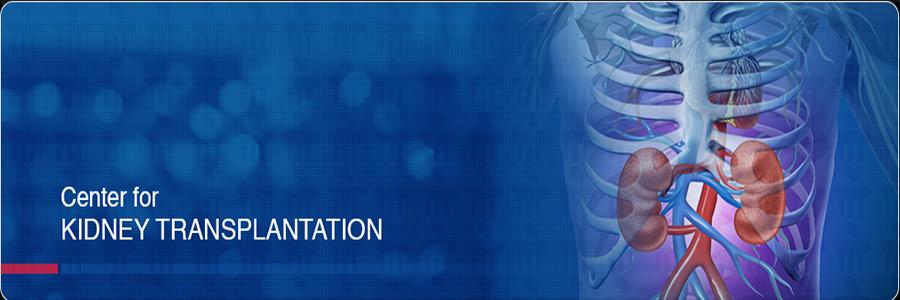The urinary incontinence is an involuntary loss of urine. It is a disease that affects one in three women of all ages, which means more than 30 million people in India and more than 350 million worldwide. It is not a normal process associated with aging, and it has a negative impact on the quality of life of women who suffer from it.
What is urinary incontinence?
The urinary incontinence is the involuntary loss of urine. Urine losses are not a normal process of aging, so it is advisable to consult an expert professional. In most cases, urinary incontinence has a solution and does not have to condition daily and social life.
Types of Urinary Incontinence
There are different types of urinary incontinence that respond to different causes, so it is important to make a correct diagnosis to adapt to the treatment.
You may have symptoms that belong to one or several of the types simultaneously. The most frequent types of urinary incontinence in women are:
Urinary incontinence of effort. The loss of urine occurs when you laugh, sneeze, practice an exercise, gain weight or simply stand up.
The frequency and severity of losses vary greatly from one woman to another. Some have occasional leakage of urine and others, more often. The amount of urine that is lost is also very variable in each woman, from a few drops to a jet.
The origin of this type of incontinence occurs when making an effort increases the pressure in the abdomen and bladder. This causes the urine to exit involuntarily through the urethra (the tube where urine exits to the outside), especially when the support to the urethra is weakened.
Urinary incontinence of urgency. There are people who suddenly feel a strong urge to urinate without being able to control it (urgency). This symptom is usually accompanied by an increase in urinary frequency, both day and night (nocturia). The person who suffers urinary urgency is unable, in many cases, to retain urine before reaching the bathroom.
Mixed urinary incontinence. It is the association of symptoms of two types of incontinence: that of effort and that of urgency.
Overactive bladder. The main symptom of overactive bladder is the sensation of urgency, aggravated by an increased desire to go to the bathroom (increased urination frequency). It seems to have the same origin as urge urinary incontinence.
How many people does Urinary Incontinence affect?
It is estimated that between 30% -40% of women can have involuntary leaks of urine, even occasionally, even so, some are more likely to suffer urinary incontinence than others.
Risk factors of Urinary Incontinence
There are different risk factors that can precipitate or aggravate urinary incontinence:
Non-modifiable factors
Genetics. Some women are born with a pelvic floor musculature that is weaker or more susceptible to weakening. There is a greater chance of incontinence if there is a family history.
Pregnancy. The hormones released during pregnancy relax the tissues and produce stretching of the pelvic floor muscles. In addition, the increase in weight as the baby grows affects the pelvic floor musculature at the time of maintaining the continence function optimally.
Parto. During childbirth, the pelvic floor muscles that hold the bladder, vagina, and rectum, suffer the maximum stretch possible due to the pressure exerted on the head of the baby to descend to exit through the vagina. In some women, these muscles and the tissues that surround them, can be permanently laxer, and weaken these structures that lead to urinary and anal incontinence.
Menopause. In this stage of life, due to hormonal change, different changes can occur that precipitate or aggravate the symptoms of incontinence and other pelvic floor problems.
Gynecological surgery. A gynecological surgery, such as extirpation of the uterus (hysterectomy), or other therapeutic procedures at the pelvic level, such as radiation therapy, may cause alterations of the nerves or anatomical structures that maintain continence. These variations can precipitate or aggravate the symptoms of urinary incontinence or cause a feeling of a bulge in the genitals by the descent of the pelvic organs (prolapse).
Modifiable factors
Obesity. It is demonstrated that overweight and obesity are risk factors for stress urinary incontinence, due to the increase of pressure inside the abdomen and, therefore, over the bladder. This effect can also contribute to the appearance or worsening of other problems related to the pelvic floor, such as the descent of the pelvic organs (prolapse) or urge urinary incontinence.
Chronic constipation. The increase of the abdominal efforts to obtain the correct evacuation exerts pressure on the pelvic structures and distension on the pelvic floor musculature, which causes it to weaken.
Tobacco. There is evidence that tobacco is a risk factor for stress urinary incontinence since its habitual consumption favors the appearance of chronic cough and this causes an increase in abdominal pressure.
Bladder stimulants. The excessive intake of some substances (caffeine, alcoholic beverages, soft drinks, and sweeteners) produce an excessive stimulation of the bladder, which worsens the symptoms of urgency and increases the urge to go to the bathroom.
Drinking a lot. Excessive intake of fluids (more than 1.5 liters per day) can condition the onset or worsen of incontinence.
Physical efforts. Some of the behaviors that are performed during the day involve repeated physical efforts, whether at work, hobbies, body posture, etc. This conditions an increase in abdominal pressure and overload of the pelvic floor structures, which can precipitate or aggravate the symptoms of stress incontinence. They have more risk, women who practice impact sports, stop and start sports, weights, push-ups, etc.
Treatment of Urinary Incontinence
Sometimes, women who experience urinary incontinence do not give importance because it occurs very occasionally, in very small amounts, or, it does not interfere with their well-being, so they do not need to consult or receive any treatment. In contrast, in other women, urinary incontinence is a detriment and, therefore, they need to know the treatment options available for each type of incontinence.
A high percentage of women with urinary incontinence who receive treatment, personalized and indicated by specialized professionals, achieve a cure or an important improvement of the symptoms.
There are multiple treatments for urinary incontinence. Depending on the characteristics of the patient, the symptoms and the severity of the incontinence, one or another treatment or the combination of several is chosen.
Conservative treatment
Conservative treatment includes a set of measures that do not require surgery or medication. It is recommended to all women, regardless of the type of incontinence they have.
Lose weight. In women who are overweight or obese, it is shown that a weight reduction of between 5 and 10% can reduce the episodes of weekly urinary incontinence by up to 50%. For this reason, it is recommended to lose weight with the help of diet and exercise.
Improve intestinal transit. Decrease the efforts to defecate with dietary guidelines that improve chronic constipation, avoid the weakening of the pelvic floor musculature.
Give up smoking. Chronic cough decreases, so episodes of urinary incontinence will be less frequent since there is less impact on the muscles of the pelvic floor. In addition, tobacco acts as a bladder stimulant, so it will also improve symptoms of urgency.
Reduce or eliminate the use of bladder stimulants. Coffee and tea, alcohol, soft drinks, sweetened drinks, energy drinks, etc., produce spasms in the bladder. Reducing its consumption is beneficial for those women who have symptoms of urgency and increased urination frequency.
Moderate fluid intake. The adequate consumption of liquids should be around 1.5 liters a day. It must be taken into account that a balanced diet already contributes a part of the necessary hydration. Therefore, people with urgency or nighttime incontinence should avoid drinking liquids after mid-afternoon.
Control of physical efforts. It is important to practice daily physical exercise. However, those women with stress urinary incontinence, or with significant muscle weakness, should avoid making physical efforts that pose a risk to the pelvic floor musculature. In this sense, exercises such as walking, swimming and all those that help to acquire a good physical shape without causing abdominal pressure are recommended.
As a precautionary measure, whenever physical exercise is practiced, a contraction of the pelvic floor muscles should be performed in order to counteract the abdominal pressures and avoid possible episodes of urinary incontinence.
Training program for the pelvic floor musculature. The objective of these exercises is to strengthen the muscles surrounding the vaginal and anal areas to increase control of urine losses in women. It is not recommended to perform the exercises of the pelvic floor musculature without prior advice from professionals.
Devices. There are other devices that help improve urinary incontinence such as cones and vaginal spheres, pessaries or tampons for urinary incontinence.
Pharmacological Treatment
Pharmacological treatment is useful for women diagnosed with urge urinary incontinence or overactive bladder. Currently, there are several drugs available that decrease the involuntary spasms of the bladder and relax the muscle that contracts the bladder. However, some drugs are contraindicated in patients with glaucoma, pyloric stenosis, severe bronchospasm, reflux esophagitis, intestinal ileus, severe ulcerative colitis, as well as in patients with hypertension. Not controlled. After starting a pharmacological treatment, it is advisable to go to a control visit after four weeks to assess the suitability of the treatment. If there is an improvement, continue with the drug and if there is not, or it is minimal, you can change the dose of the same drug or try a new one.
Surgical Treatment
Stress urinary incontinence
This type of treatment is indicated in women with severe or moderate urinary incontinence who do not want conservative treatment, or when this has not been effective.
Currently, the choice of surgical technique to correct the symptoms of stress urinary incontinence is based on the characteristics of each patient and the experience of the surgical teams that apply these treatments.
Tension-free band. It is the most widely used technique and involves placing a tape that passes under the urethra (urine outlet duct) to get more support during the efforts and avoid leaking urine.
Complications are minimal and recovery is rapid, so in most cases, it does not require hospital admission.
There are other less complex techniques that can be used, in case of not responding to the usual technique, or when the specialized professional considers that, given the characteristics of the patient, there may be another more appropriate.
Mixed urinary incontinence
The treatment of these women is complex and requires a very high degree of personalization, as well as a very complete study.
The nephrologist in Delhi is responsible for assessing the characteristics of each woman and the severity of the symptoms. Based on this, sometimes, it begins with treating the symptoms of urgency, and other times, the symptoms of exertion. And, on other occasions, both symptoms are treated from the beginning.







